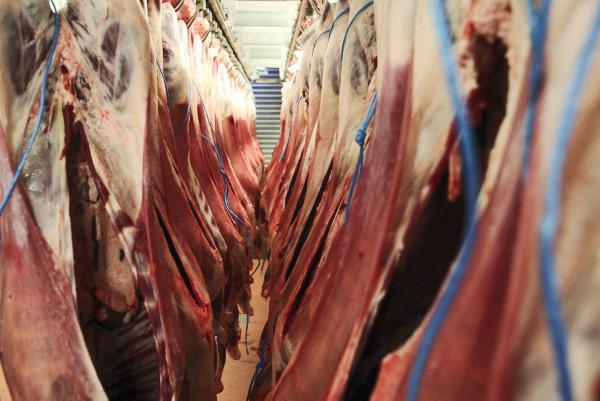The Irish Farmers Journal understands that Dunbia, one of the top meat processors in the British Isles, may be up for sale and is actively seeking new buyers.
Dunbia said it had received several serious expressions of interest from would-be investors over the past two years and it was now considering options for the company.
The company also said that while “it has enjoyed consistent growth over the past number of years and has ambitious plans to grow and expand the business, market dynamics are continually evolving and we are currently exploring the best options to ensure that we are well placed to meet the demands of the marketplace, now and in the future”.
Dunbia has been in family ownership since it was set up in 1976. Owned by the Dobson family, it slaughters and processes 300,000 cattle across the UK and Ireland. It also processes 800,000 pigs and one million lambs. Dunbia became a limited company again in 2014. The company had gone private in the late 1990s after recording significant profits at that time.
With roots in Dungannon, Dunbia has invested significantly over the past number of years. Last year, it invested £27m (€36m) to increase output at its Dungannon facility. It also secured a long-term deal to supply Sainsbury’s with fresh beef after a £7.5m (€10.3m) investment at the former Dairygold site in Felinfach, Wales. The group’s state-of-the-art lamb facility in Llanybydder also underwent a £12m (€16.5m) redevelopment in 2012.
The purchase of two additional pork facilities in Crewe (formerly Heathfield Foods) and Mansfield (formerly G Woods & Sons) strengthened the company’s capacity to source and produce pork.
The company has a turnover of £764m (€1.05bn) and made an operating profit of £6.7m (€9.2m) in 2014. Operating margins are extremely thin at less than 1% (0.86%).
The business employs over 4,000 people across 13 sites in the UK and Ireland and is now trading in over 36 countries.
For Irish farmers both sides of the border, there will be concern about what any changes may mean for buying cattle, sheep and pigs. The company has stressed it is business as usual, despite information about them considering options coming into the public domain sooner than it would have liked.






 This is a subscriber-only article
This is a subscriber-only article











SHARING OPTIONS: